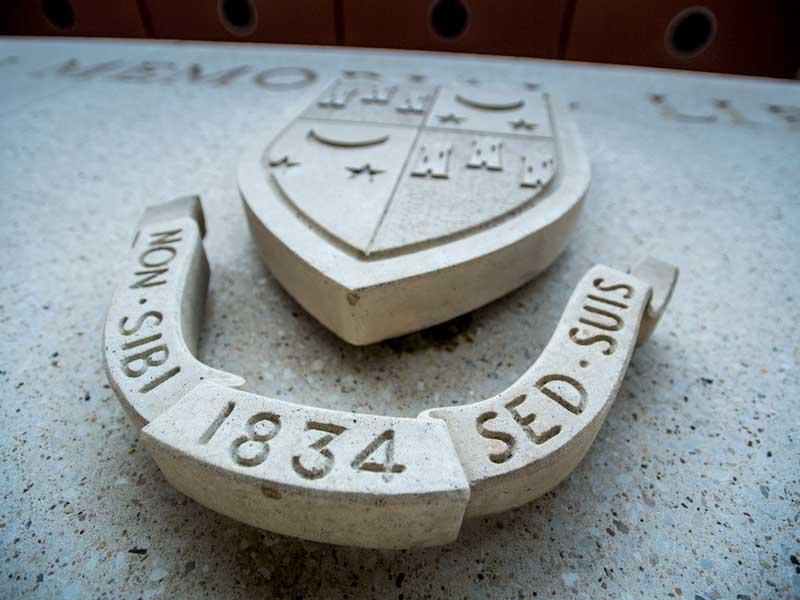Tulane joins Universities Studying Slavery consortium
As part of its commitment to creating a more equitable, diverse and inclusive community, Tulane University has joined Universities Studying Slavery (USS), a consortium of more than 90 institutions worldwide that are researching the impacts of slavery, segregation and racial inequity on their institutional histories.
Created and led by the University of Virginia, USS is a leading resource for universities to work together in addressing both historical and contemporary issues regarding race and inequality.
“The member schools of this consortium will collaborate and share best practices as they work toward building truly equitable institutions,” said Tulane University President Michael A. Fitts in a message to the university announcing the partnership. “Our membership in this consortium will provide valuable resources and support for the work of the Tulane History Project.”
Under the leadership of Dr. Marcia Walker-McWilliams, the History Project is working closely with Tulane faculty, students, staff and community members to conduct a deep, honest and rigorous historical study of Tulane from its founding as the Medical College of Louisiana in 1834 to the present.
The History Project is one of many initiatives launched by President Fitts to create a more equitable, diverse and inclusive community at Tulane. These initiatives include creating the President’s Commission on Racial Equity, Diversity, and Inclusion and hiring the university’s first chief diversity officer, who leads the Office of Equity, Diversity, and Inclusion. Other major efforts include establishing the Tulane Trailblazers program to recognize and celebrate the individuals who have led the way in making Tulane a more inclusive, diverse and welcoming community, and establishing an annual $2.5 million fund to support racial equity, diversity and inclusion initiatives. Tulane’s Strategy for Tomorrow is a five-year strategic plan that builds on these efforts and guides future equity, diversity, and inclusion (EDI) and anti-racism initiatives across the university.
Housed in the Office of Academic Affairs and Provost, the History Project is in conversation with these broader university EDI efforts. The project acknowledges and builds upon the research and scholarship of faculty, staff, students, alumni and others who have already examined aspects of Tulane’s racial history. It also explores new questions and pathways of learning to help the university community understand the institution’s past with an eye toward creating a guide to a better future.

